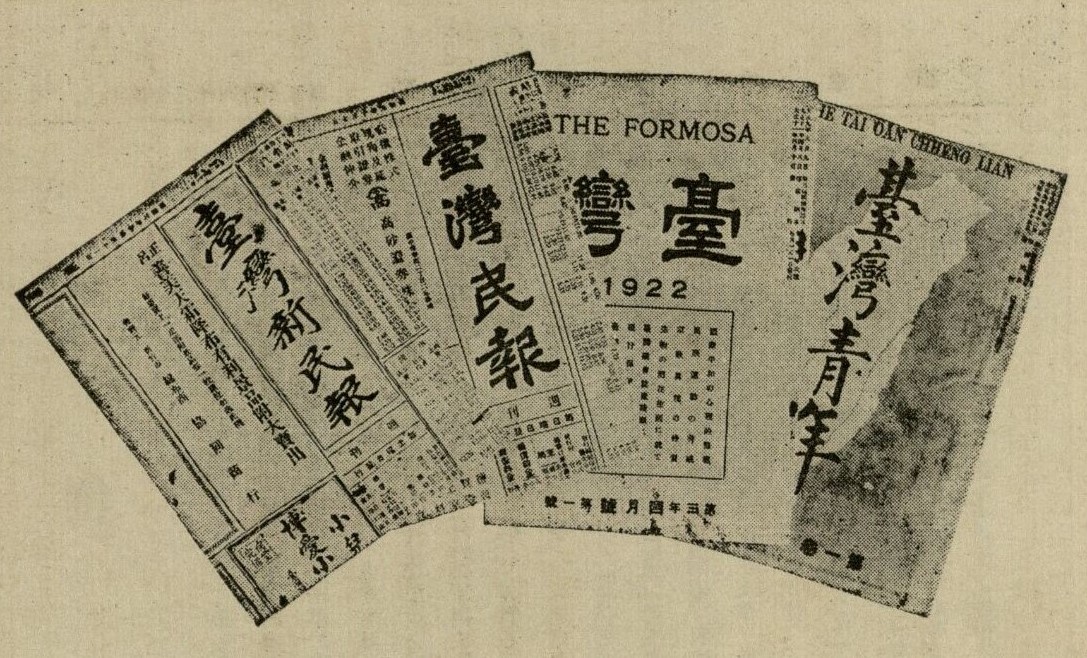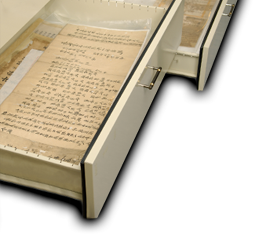
Publication date: 29 Oct 2021 Thanks to rapid technological advances, the Internet and social media are gradually replacing TV broadcasting as the mainstream source of information. Through surfing with a mobile phone or computer, people enjoy easy access to information from around the world. Nevertheless, a century ago before the advent of the Internet, newspaper was the most important channel for Taiwanese to get the latest updates in their daily life. However, in Japanese colonial Taiwan, freedom of speech was under strict government control. Most newspapers adopted the perspective of the colonists and published reports that were neither objective nor neutral, thus constraining the thinking and vision of the Taiwanese. In the 1920s, eager for change and progress, a group of Taiwanese studying in Tokyo, Japan formed the Xinminhui (New People’s Society), striving to organize social and political movements. This Association heralded other Taiwanese political groups subsequently established including the Taiwan Cultural Association, Taiwan Farmers’ Association, Taiwan People's Party and Taiwan Local Autonomy Alliance. Through making publications and running a newspaper, they fought for improvement in political status and enhancement in knowledge of the Taiwanese. It was under such social ambience that The Taiwan Minpao, later renamed as The Taiwan Shin Minpao, came into being. It was the only private daily newspaper run by the Taiwanese at that time and remained as their mouthpiece. Setbacks encountered in such a bold endeavor under colonial rule epitomized the history of struggle against the colonizers, reflecting the indomitable national spirit of the Taiwanese. 2021 marked the centenary of the Taiwanese Cultural Association whose mission involved ‘enlightening’ the Taiwanese with the prerequisite of ‘running a newspaper’. This article reviews how Taiwanese ran newspapers under Japanese colonial rule and in doing so propagated political views to the public, enlightened their thinking, consolidated consensus in society, and boosted national morale with a foothold in Taiwan and eyes looking at the world. |
 |



